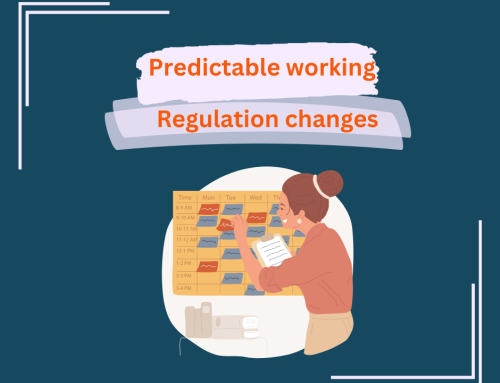Guest blog: Tracey Hutchinson is a people development specialist at People Excellence Performance with many years of working across organisations to bring the best that people have to their performance. Corporate level experience combines with a talent to create an environment where your staff want to help you to develop your business to deliver better performance. Tracey studied Business Psychology to MSc and holds an International Diploma in Risk Management.
In the first two articles in this series, we looked at how a filter of what’s wrong, as opposed to what’s right, within an organisation can have a negative impact on staff and performance. We explored the concept of positive psychology, specifically psychological capital (Psycap) and how this begins to encourage Positive Organisational Behaviour (POB). So, how as a manager, owner or leader can you introduce some of these aspects to your business? Here are five ways that you can make a start.
- Using a Strengths based focus. All of the people in your business are unique; they all have innate patterns of behaviour and emotions. Helping your staff find and apply these strengths in their work will increase employee engagement and productivity. A Gallup study in 2016 found that strength-based development could lead to up to 29% increase in profit and up to 7% higher customer engagement.
There are many ways of assessing people’s strengths. One of the most straightforward is at www.viacharacter.org. Of course, identifying the strengths is the first step; helping people recognise those strengths and where they can best use them is key to developing confidence. When a leader knows what their team does best, they can harness those skills and allocate work accordingly. For example, you may ask someone whose strength is creativity to help you imagine how to be smarter in your marketing, even if this might not be their core role. Research from the VIA Institute says that people using at least four of their strengths regularly feel less stress, more fulfilled, better engagement and will perform better and flourish in their role.
Strength theory identifies that most leverage in enhancing performance comes from a focus on those areas identified as strengths but are perhaps less used. One way of doing this is to work with a strength-based appraisal system. This can focus on areas where staff already perform quite well and mining it to see were things can be made even better. There is also opportunity to learn from the way in which they use their top strengths and apply that to other areas.
- Setting realistic, stretching goals with a clear plan as to how to achieve them is a recognised way of developing hope in organisations. When individuals are given agency as to how they reach those agreed goals, this will further enhance their belief and confidence. Owning their goals will serve as a motivator for staff to often reach beyond where they originally intended.
- Helping staff with their belief about their capabilities to produce results acts as a major incentive to better performance. Using appreciative inquiry to focus on what went well with a piece of work will create appreciation for what can be repeated successfully. Setting people up for success can help to overcome self-doubt. For example, for a new employee, make their first piece of work in an area familiar to them before asking them to look at something new.
- Creating an environment where staff can learn to reframe negative experiences can energise future performance. For example, where someone may feel anxiety about doing a live FB broadcast to market a product, perhaps being honest about those nerves to the audience can bring a sense of who you are to future customers. Reframing can help develop resilience as people learn to deal with potential set-backs. And, remember, people buy from people.
- Building realistic expectations can help develop optimism with a positive expectation of succeeding. Being clear on your business/organisation purpose and the value it delivers will inspire staff and customers. Having a focus on solutions rather than the problems empowers staff to be forward thinking and overcome negative thinking more quickly. Allowing colleagues to contribute in areas that might not traditionally be theirs energises and invigorates motivation to succeed.
So, having recognised the value of developing Psycap in your business as a way of ensuring a focus on wellbeing and thriving, you’ll now make the links between this, excellence in performance and competitive advantage. Knowledge is, obviously, a key component in business success, but POB and people who are flexible, resilient and fully engaged in their work will, in the worst-case scenario, help prevent conflict, time wasted on disciplinaries or business failure. And, at best, when your staff are truly invested, they will be your best advocates.
Connect with Tracey via LinkedIn, her website or email tracey@peopleexcellenceperformance.co.uk.
Talbot Jones Ltd is a community-focused commercial insurance brokerage based in Gateshead but working nationally. Get in touch if you’d value a free insurance review, advice or quotatio




